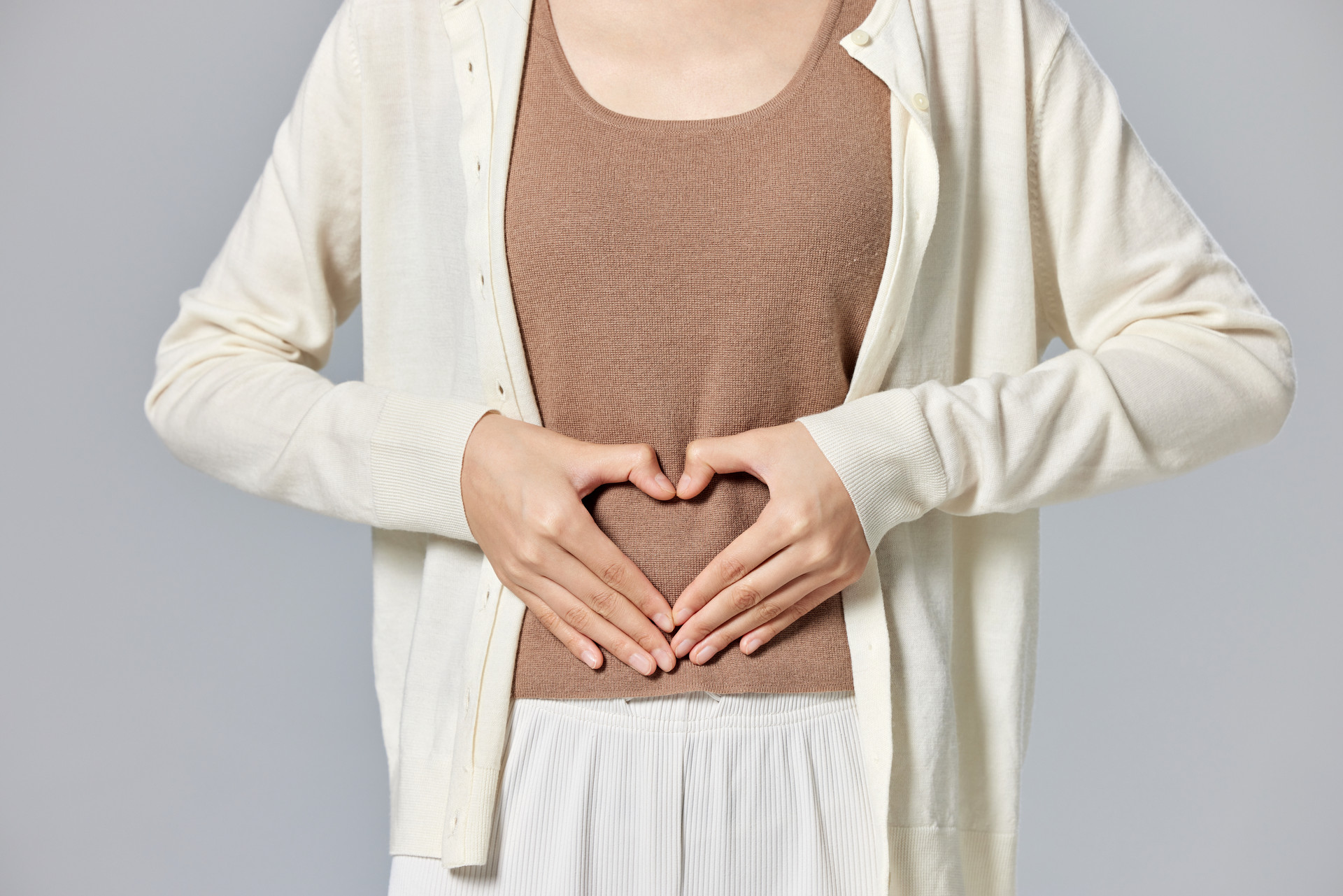First, it is important to keep the external genitalia clean.
Every night, use warm water to clean the external genitalia. Avoid taking baths or sitting baths, and opt for showers instead. Use soft and clean sanitary pads and toilet paper that have good breathability. Change underwear frequently to reduce irritation on the external genitalia and inner thighs caused by blood clots. After bowel movements, wipe from front to back to prevent bringing dirt into the vagina, which can lead to vaginitis or even pelvic inflammatory disease.
Second, pay attention to regulating emotions and balancing work and rest.
Excessive emotional fluctuations and stress can cause dysfunction between the central nervous system and the hypothalamus-pituitary axis, affecting the secretion of gonadotropins and causing menstrual disorders. At the same time, during menstruation, avoid heavy physical labor and intense exercise, as overexertion can cause excessive pelvic congestion, leading to heavy menstrual flow, prolonged menstrual periods, and abdominal pain or lower back pain.
Third, maintain a balanced diet.
Drink plenty of water and eat more fruits and vegetables. Have a light diet and avoid eating spicy, raw, and cold foods excessively to reduce uterine congestion and maintain regular bowel movements.
Fourth, avoid sexual intercourse.
During menstruation, the endometrium sheds and there are wounds in the uterine cavity. The vaginal pH changes and the defense mechanism decreases. Engaging in sexual activity during this time can easily introduce bacteria, leading to genital inflammation.
Fifth, avoid indiscriminate use of medication.
In general, women may experience slight abdominal discomfort during menstruation, which naturally disappears after the period. However, if severe abdominal pain or excessive bleeding occurs, it is necessary to seek medical attention from a reputable gynecology department.






